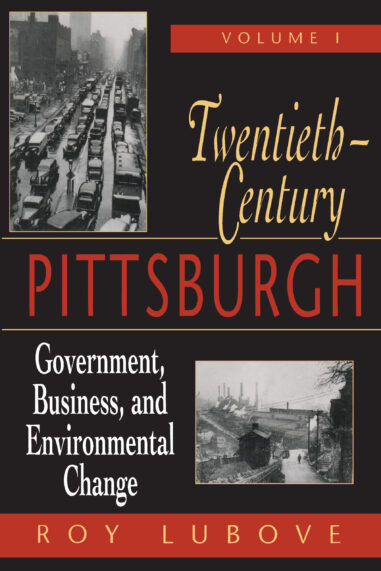
Paperback $35.00
Request Exam or Desk Copy. Request Review Copy
Twentieth-Century Pittsburgh, Volume One
Government, Business, and Environmental Change
A useful, timely, and provocative contribution to the growing literature on community planning in the twentieth century.

